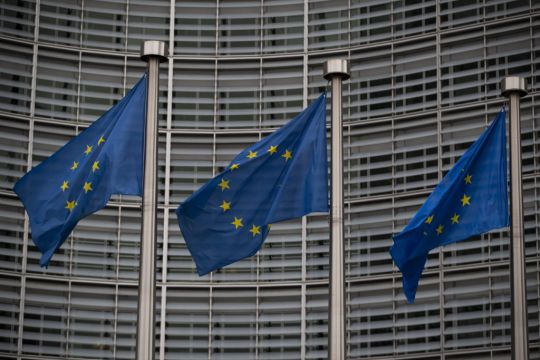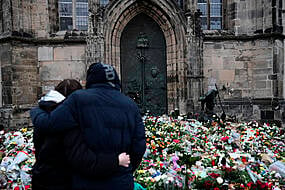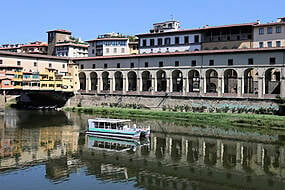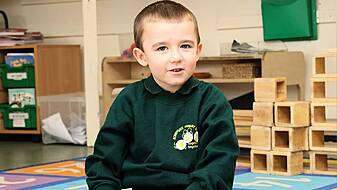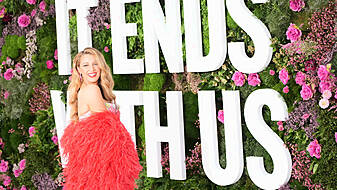The leaders of Georgia, Moldova and Ukraine lobbied the European Union at a summit on Wednesday to let them begin negotiations to join the bloc, but for now they are expected only to win reassurances of support against any possible Russian aggression.
The one-day 'Eastern Partnership' summit also highlights the limited success of the EU's approach to the six ex-Soviet republics it embraces, all of them in what Russia considers its backyard where it has existential security and other interests.
Of the six, Georgia, Moldova and Ukraine are all locked in territorial disputes with Moscow. The leaders of Armenia and Azerbaijan are attending the summit but are not seeking EU membership. Belarus's president Alexander Lukashenko, hit by Western sanctions over his human rights record, stayed away.
"Our goal is full membership in the European Union," Ukrainian president Volodymyr Zelenskiy said on Twitter after meeting EU summit chair Charles Michel.
Скоординував з @CharlesMichel позиції перед 6-м самітом #Східногопартнерства. Наша мета – повноправне членство 🇺🇦 в 🇪🇺. Поінформував про ситуацію на східних кордонах. Очікуємо чітких сигналів за результатами засідання @EUCouncil 16 грудня про неприпустимість ескалації. pic.twitter.com/caQ7rzUHP8
— Володимир Зеленський (@ZelenskyyUa) December 15, 2021
Advertisement
Excerpts of a draft final summit statement, seen by Reuters and due to be published later on Wednesday, show that the EU will "acknowledge the European aspirations and the European choice" of the five countries concerned.
Under the Eastern Partnership initiative, the EU is offering money, technical assistance and free trade but not membership. But joining the EU remains an attractive goal, and on Wednesday the daughter of jailed Kremlin critic Alexei Navalny said she thought even Russia itself would one day become a member.
"Russia is a part of Europe, and we strive to become a part of it (the EU)," Daria Navalnaya told the European Parliament in Strasbourg as she accepted the bloc's top human rights 'Sakharov' prize on her father's behalf.
Russia's relations with the 27-nation bloc have been very chilly since it seized Ukraine's Crimea peninsula in 2014 after a pro-EU uprising in Kyiv, and backed separatists in eastern Ukraine, moves that prompted Western sanctions on Moscow.
'Sovereign right'
Speaking at NATO headquarters before Wednesday's summit, Georgian prime minister Irakli Garibashvili urged the West also to allow his country into the Atlantic alliance, a goal sought by Ukraine too but not by Moldova, which is neutral.
"Each and every state has their sovereign right to choose their own foreign policy course," Garibashvili told reporters, in a veiled reference to what the countries say are Russian efforts to stymie their Western orientation.
Moldovan president Maia Sandu told Reuters on Tuesday her country aspires to join the EU and has told Russia of its intention.
Ukraine is currently the main flashpoint between Russia and the West. The United States says Russia has amassed more than 100,000 troops on Ukraine's borders, possibly in preparation for an invasion. Moscow says its actions are purely defensive and accuses Kyiv and the West of provocative behaviour.
On Wednesday Germany's new chancellor, Olaf Scholz, and the president of the EU's executive Commission, speaking separately, both warned Russia of more painful economic sanctions if it violated Ukraine's territorial integrity.
EU leaders will discuss on Thursday possible new measures against Russia. - Reuters
